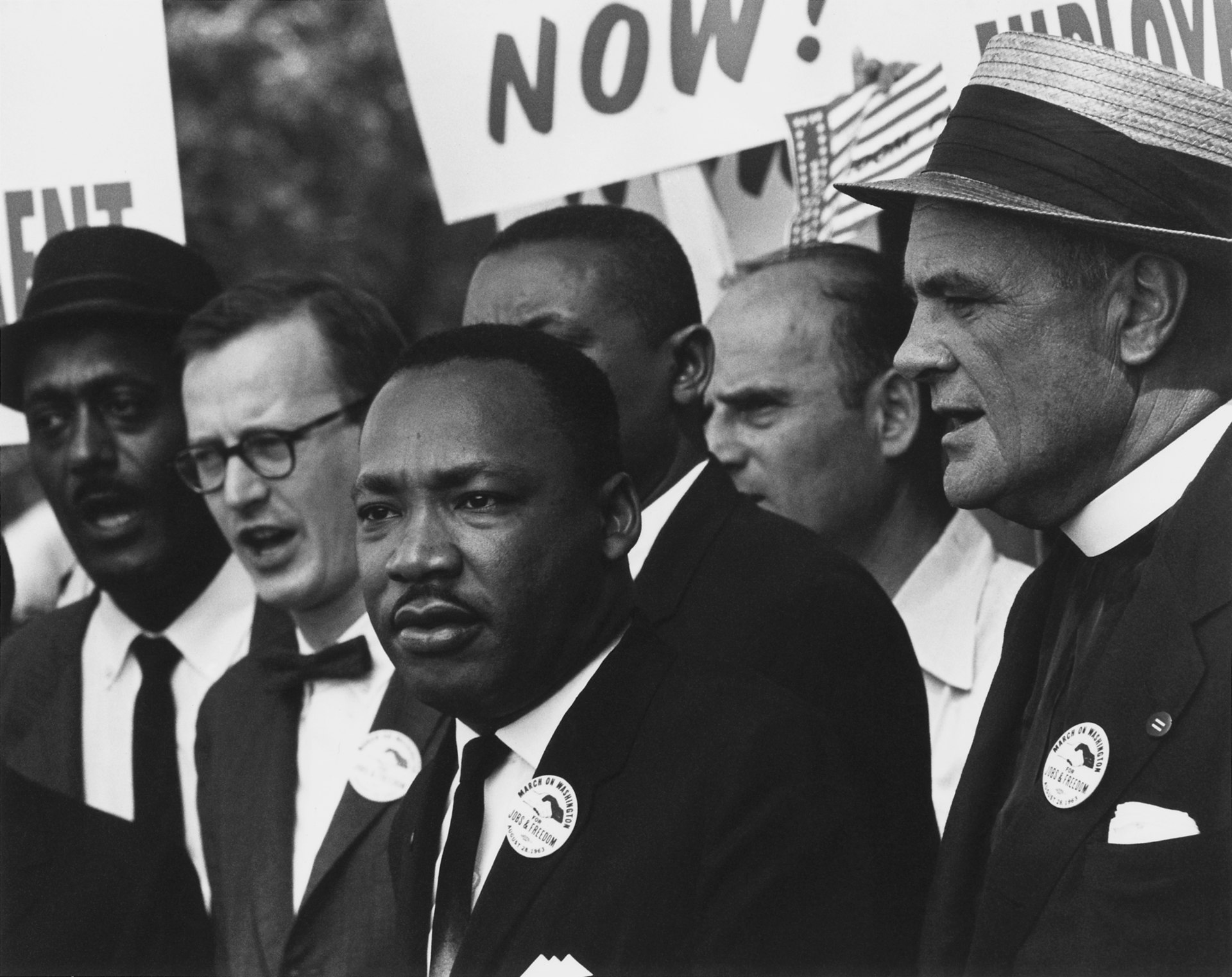Sifter of Dust Posts
In a previous short essay about death, we described how the Revelations of God have talked about death, encouraging us not to fear it, and to prepare for it by following spiritual teachings. As we noted, there seems to be a connection between the development of a spiritual perspective and the next world itself. As noted, Baha’u’llah expressed the idea that “the true believer lives in both this world and the world to come”. The word in Arabic that Baha’u’llah used to refer to the next world is “malakut”. Interestingly, the origin of the word is Aramaic- the ancient Hebrew language that Christ spoke. In Aramaic, “malakut” means the “Kingdom of God”, which is of course how Christ referred to His own message, further strengthening this connection between spiritual teachings and the next world.
Baha’u’llah describes this further- “The nature of the soul after death can never be described, nor is it meet and permissible to reveal its whole character to the eyes of men. The Prophets and Messengers of God have been sent down for the sole purpose of guiding mankind to the straight Path of Truth. The purpose underlying Their revelation hath been to educate all men, that they may, at the hour of death, ascend, in the utmost purity and sanctity and with absolute detachment, to the throne of the Most High.”
Baha’is are taught that there is only one world that we all go to after death. “Heaven” and “hell” are metaphorical terms that reflect our degree of spiritual development, but we all go to the same place when we die, no matter what your religion or belief. It’s just that faith in the great Revelations of God prepare us better for that world than rejection of them. As those religions all taught us to believe in abstract moral principles, see ourselves as primary spiritual beings, one can appreciate how believing in them would better prepare us for an abstract spiritual life in the next world, whereas rejection of such a belief would keep our vision focused only on the material world we share with animals and deprive us of that preparation and growth. “Belief” then is a process of putting your faith and trust in something abstract that exists beyond you, and in so doing, you develop and prepare yourself for an “abstract” world after this one.
All this may seem strange until you recognize that humans believe in abstract things all the time. “Justice”, for instance, is an abstract idea. Indeed, the development of civilization depends upon people and societies putting their own personal preferences aside and adhering to abstract moral principles- principles like justice and equality…etc. You then can appreciate that creating the “Kingdom of God” on earth is about basing our societies on peace and justice- that is- abstract moral principles- the same stuff that is the fuel for progress in the next world! As Jesus taught His followers to say in the Lord’s prayer- “Thy Kingdom come, Thy Will be done, on earth as it is in heaven”.
With those introductory comments, we present the following passages from the Writings of ‘Abdu’l-Baha’, who explained all these ideas so clearly-.
Know thou that the Kingdom is the real world, and this nether place is only its shadow stretching out. A shadow hath no life of its own; its existence is only a fantasy, and nothing more; it is but images reflected in water, and seeming as pictures to the eye…If thou wouldst hearken to my words, release thyself from the fetters of whatsoever cometh to pass. Nay rather, under all conditions thank thou thy loving Lord, and yield up thine affairs unto His Will that worketh as He pleaseth. This verily is better for thee than all else, in either world. (‘Abdu’l-Baha)
O thou handmaid aflame with the fire of God’s love! Grieve thou not over the troubles and hardships of this nether world, nor be thou glad in times of ease and comfort, for both shall pass away. This present life is even as a swelling wave, or a mirage, or drifting shadows. Could ever a distorted image on the desert serve as refreshing waters? No, by the Lord of Lords! Never can reality and the mere semblance of reality be one, and wide is the difference between fancy and fact, between truth and the phantom thereof. (‘Abdu’l-Baha’)
The difference and distinction will naturally become realized between all men after their departure from this mortal world. But this (distinction) is not in respect to place, but it is in respect to the soul and conscience. For the Kingdom of God is sanctified (or free) from time and place; it is another world and another universe. (‘Abdu’l-Baha’)
The rewards of the other world are peace, the spiritual graces, the various spiritual gifts in the Kingdom of God, the gaining of the desires of the heart and the soul, and the meeting of God in the world of eternity. In the same way the punishments of the other world, that is to say, the torments of the other world, consist in being deprived of the special divine blessings and the absolute bounties, and falling into the lowest degrees of existence (‘Abdu’l-Baha’)
When the human soul soareth out of this transient heap of dust and riseth into the world of God, then veils will fall away, and verities will come to light, and all things unknown before will be made clear, and hidden truths be understood.
Consider how a being, in the world of the womb, was deaf of ear and blind of eye, and mute of tongue; how he was bereft of any perceptions at all. But once, out of that world of darkness, he passed into this world of light, then his eye saw, his ear heard, his tongue spoke. In the same way, once he hath hastened away from this mortal place into the Kingdom of God, then he will be born in the spirit; then the eye of his perception will open, the ear of his soul will hearken, and all the truths of which he was ignorant before will be made plain and clear. (‘Abdu’l-Baha’)
Photo by Luis Fernando Felipe Alves on Unsplash
Comments closedAll the great Revelations have taught humanity to come to terms with death and live their lives in anticipation of it. For all these great religions, death is not the end but is a transition of our abstract souls into a more abstract existence. We are taught that it is only “abstract” in relation to this world, but is still a real existence. Jesus consoled His disciples about His own death by saying that His “father’s house” had “many rooms” and that if they followed His teachings, they would find Him there. The Prophet Muhammad reminds us in the Quran that “every soul shall taste of death“, and that when we die, we should die in a “state of submission” unto God.
Baha’u’llah’s Revelation is more expansive on this theme and we will share several quotes tonight that reflect that. He describes “worlds of God” that exist beyond this one, and that we are part of as vast a spiritual universe as we are a physical universe. The purpose of life is to develop the spiritual aspect of ourselves to prepare for the world beyond, which has none of the physical features with which we often define ourselves. He tells us that “a true believer lives in this world and the world to come“, indicating that our spiritual lives and our life in the next world are intimately connected. Baha’u’llah also taught that we should not fear death, nor excessively grieve about it. In a Tablet provisionally translated as the Tablet of Consolation, Baha’u’llah comforts a man who has lost his father-
This is no day of woe and weeping. Ye who believe in God should rejoice in the days of your Lord, the All-Forgiving, the Munificent. He(God) it is who suffices you and He is more loving than a thousand fathers.
Indeed, we should meditate about death, because seeing our lives in that broader context helps us to live life with purpose and meaning.
This is most succinctly expressed in the following Hidden Word, in which God speaks directly to each of us with a message about death. It has been beautifully set to music by Paul Parrish.
Comments closed
On Sifter of Dust, we present scriptural passages from the great religion of Islam. In a previous essay on Christianity, we discussed how the concept of the oneness of God- the worship of an abstract Reality who was the source of goodness- had an incredible unifying, and indeed, civilizing effect on Europe. People were then able to see themselves as not all that different from the other tribes, and gradually the society developed a common sense of identity based on common moral and spiritual values. Of course, tribalism still existed in other forms, as the wars that encompassed Europe for much of the last 2000 years attest, but the foundation was being laid for the social and political structures that would be erected in later centuries.
Christianity’s early spread through Europe happened in the first 600 years after Christ, and then it was diffused world-wide when European countries encompassed the globe in the age of Imperialism, after 1600. In the year 610 AD however, after Christianity’s initial spread, the Revelation of the Prophet Muhammad arose out of the desert and would soon bring under its banner all of the Middle East, Persia, north Africa and the southern portions of Europe. Similar to Europe before Christ, the pattern of life before the Prophet Muhammad in these areas was almost entirely a tribal one, with the worship of many different “gods”. The tribes of the Arabian desert were so frequently at war that they officially agreed on a month of peace once a year to give them all a break. War was literally built into the calendar.
Islam raised its structure on the theological foundations of Judaism and Christianity. The Prophet Muhammad declared Himself to be the next in the line of Prophets and Messengers dating back to pre-historic times. He accepted both Moses and Jesus as true. As the Prophet explained in the Quran, the common identity of all the Messengers that had come before Him, and indeed all humanity, was their submission to One God, the same abstract, all-pervasive Force that other monotheistic religions worshipped. “Islam” means “submission”, and all the founders of the religions before the Prophet Muhammad were regarded as being part of one religion- the religion of “submission” to One God. The “oneness of God”, or as the Prophet described it- the “unity of God”- was the unifying idea for, not only all Muslims, but all peoples and all previous revelations from God. Islam was therefore the most universal religion the world had ever seen, as it encompassed all the peoples and religions in a single unifying perspective. “All people are your brothers, either they are your brothers in faith or your brothers in creation”, stated Ali Ibn Talib, the Prophet’s son-in-law and Islam’s first theologian.
The effect of the Prophet Muhammad’s teaching was both profound and dramatic. Islamic civilization literally arose like a phoenix out of the desert and within a few centuries was the most advanced civilization on earth. Like Christianity, the framework of One God not only brought diverse peoples into a common identity, it created social norms that led to stability and the advancement of intellectual, artistic, scientific, and spiritual enterprises of the highest quality. Islam’s tolerance and acceptance of Judaism and Christianity, defining both as honored “People of the Book” allowed Jews and Christians to live in Islamic lands under the Prophet’s own protection. Baha’u’llah would later describe Islam as like a “garden” filled with diverse and wondrous fruits, as peoples and cultures mixed together and produced a new civilization.
It’s worth meditating a bit on the concept of the “unity of God”, as expressed in the short statement summarizing the message of Islam- “There is no god, but God”. The Quran describes this God in every chapter with the introduction “In the name of God, the Compassionate, the All Merciful”. The Quran further defines how this “One God’ should be worshipped. “Serve God, and do not associate anything with God, and be good to your parents, and relative, and orphans and the poor, and to neighbors close by and neighbors remote, and to the companion at your side, and to the traveler, and to your wards, for God does not love the arrogant, the boastful…” In another passage of the Quran, God states– “Verily I am God: there is no god but Me, so serve Me only, and establish regular prayer for celebrating My praise.”
The opposite of this perspective was “idol worship”- putting one’s faith in a material thing. In the Prophet’s time, it was a statue or other image, or a “god” that was not real, as opposed to the One God who was truly real. Muslim philosophers and poets would define it more abstractly- anything that kept you from embodying the virtues of God- including your own ego (or someone else’s). Baha’u’llah would later refer to the “god” of our “idle fancies”, ideas with no intrinsic value but to which we get attached. To worship God is to engage in the sublime exercise of worshipping all that is good and true and right. “There is no god”– “but God” is a statement of profound spiritual and psychological truth.
Comments closed









